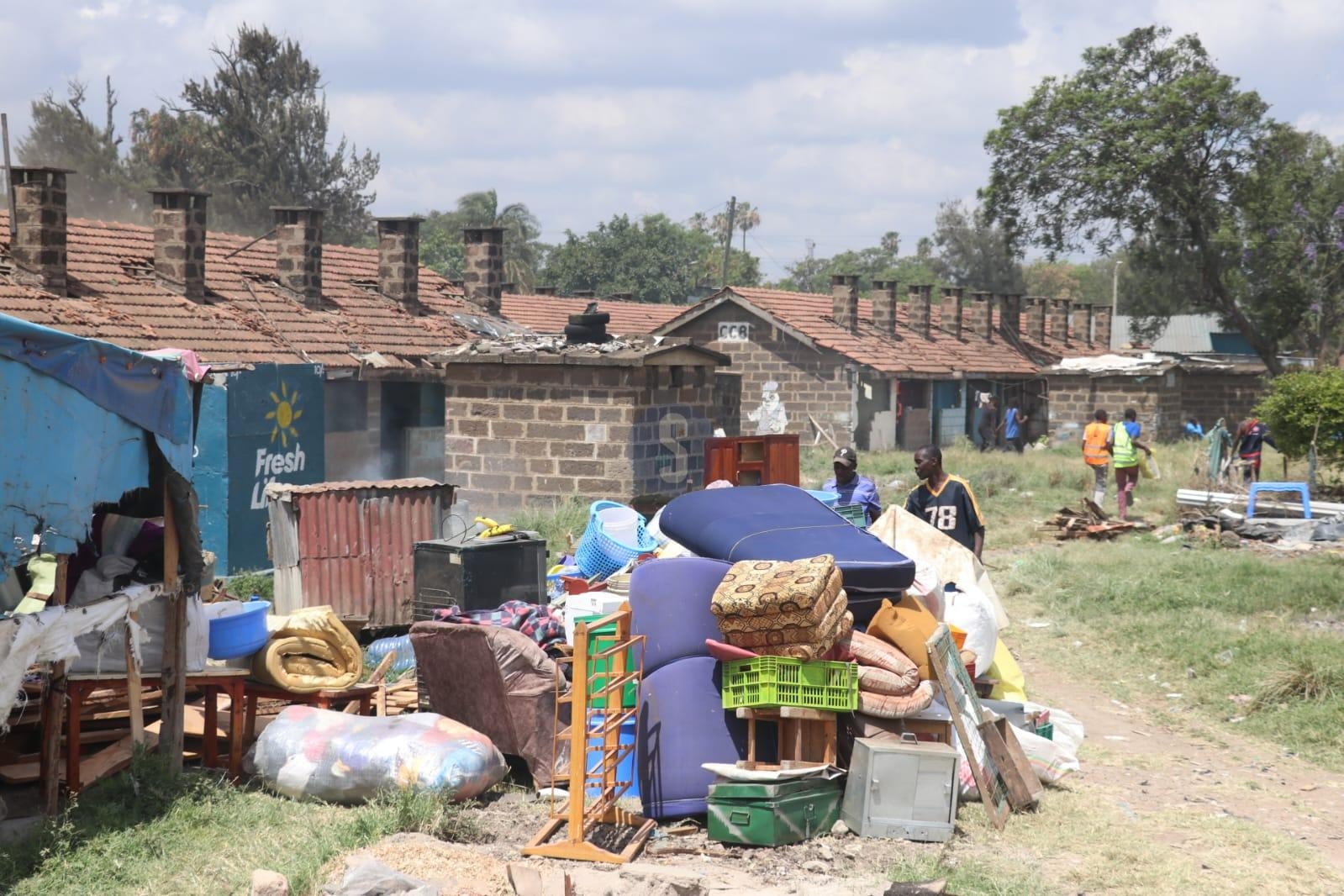As household expenses rise with the cost of living, questions arise as to what amount of money provides a comfortable life in modern Kenya. The answers vary with differences in personal aspirations, social class and financial wisdom.
One person's monthly income is another person's loose change. Lots of Kenyans have dependants beyond immediate family, which not only strains personal finances but also makes saving practically impossible.
There’s also the matter of homes, cars and household goods obtained on loans that have to be repaid from stagnant incomes. Even rural households are servicing loans for solar electrical systems, mobile phones, flat-screen TVs and motorcycles.
Social media is raging with discussion on how to cope with living expenses. Stephen Otti, a social media commentator, talked about a man who worked in Nairobi for two years with a monthly salary of Sh120,000 but ended up penniless only one month after losing his job. “With Sh120,000 you ought to have enough savings to last you for another 6 months as you pursue options,” Otti posted.
The post attracted hundreds of reactions on Twitter. Many of the comments were of people arguing that Sh120,000 a month is not enough for family responsibilities, medical bills for elderly parents, and school fees. “Sh120,000 is little money when you have a family, dependants and loans,” noted Kalange Mutungi, a biomedic in Makueni.
Joan Muthii, a software developer, said the man could have run out of money due to social pressure to maintain an affluent lifestyle. “He had to live well just like he used to or risk bad outcomes,” she argued.
“Someone who got used to eating in nice places can get food poisoning eating in a roadside kiosk and have to spend Sh5,000 in hospital. They are not comfortable in 'dead people's clothing," Muthii explains.
‘Dead peoples clothing' is a term that refers to imported second-hand clothes.
Outside social media, there’s consensus that a household consisting of a couple and two children needs a six-figure income to live comfortably. Communication manager Farida Bwari, who works in an NGO, argues that even Sh200,000 is not enough for a family of four in Nairobi. Here’s how she arrived at the figure:
“A family of four cannot stay in a one-bedroom house. Two-bedroom is the minimum. In my residential area, a decent two-bedroom house goes for Sh30,000 a month. People must eat. The parents must go to work while fuel prices are rising. The government does not regulate school fees in private schools; they hike fees as they wish,” Bwari says. In her experience, house rent and food are top on the list of priorities.
For ICT specialist Gray Kassich, a family of four in Nairobi needs a minimum income of Sh100,000 to cope with the cost of living. House rent, food, commuting costs and school fees are the biggest expenses. Kassich says the size of the house would be determined by the ages of the children and gender but a family of four, in his opinion, needs a two-bedroom house.
“Of course, most people don’t have that kind of money so they make do with what’s available,” Kassich says. That means no savings, indebtedness and inadequate medical attention.
Most Kenyans indeed earn far below Sh100,000 a month. The Kenya National Bureau of Statistics reported last December that just 2.9 per cent of the 2.7 million formal employees earn more than Sh100,000 a month. A year before, KNBS found that half of Kenya's employees earn less than Sh30,000 a month.
“A family of four needs about Sh200,000 a month to save or invest anything," says Esther Lulu, an industrial officer at the Coast. She believes many people find it difficult to save money not only because of household expenses but also the financial support they provide to relatives back home. "For the breadwinner, a family of four could, in reality, be a family of seven or nine because of the dependants," Lulu says.
Not everybody agrees that a six-figure income is necessary to live comfortably. The alternative line of thinking is that anyone can save money by controlling personal and household expenses. There are examples of low-income earners who have acquired property and educated their children to university level. There are also examples of people with six-figure salaries battling with loans and negative payslips.
Differences in social class have an impact on spending. Sh10,000 is someone’s monthly income. For somebody else, Sh10,000 is the house rent. For affluent persons, Sh10,000 is entertainment money for one weekend. Sh120,000 may seem a lot of money to someone earning far below it, but not to somebody earning that amount. The choice of how to use money is greatly affected by one's personal preferences.
There are people who can comfortably live without a car, while others have vowed never to use public transport. Entire families are living in single rooms in low-income residences, but some individuals live by themselves in mansions. All these personal choices are driven by affordability and lifestyles of each individual. There is no right or wrong choice in personal finance but each choice will either increase or decrease your spending.
“Do not save what is left after spending; instead spend what is left after saving." Better take that piece of advice seriously because it's from one of the world's richest men, Warren Buffet. The billionaire insists that savings must be deliberate because, without a savings plan, most of us would use up all our money.
Interestingly, another famous person with the Warren name proposes a mathematical formula for managing personal finances. US Senator Elizabeth Warren (no relation to the billionaire) proposed the 50/20/30 formula in her book All Your Worth: The Ultimate Lifetime Money Plan. The formula is about splitting one’s income into three parts.
Fifty per cent goes into essential spending such as housing, food, medical expenses, transport, water and electricity bills. 20 per cent goes into savings and loan repayments. The remaining 30 per cent of the income goes into such things as television subscriptions, entertainment, clothing, and other non-essential items.
The formula can be adapted depending on individual circumstances. For example, you may not be paying house rent but are paying back a loan you took for the house. The debt repayment would then fall into the 50 per cent portion rather than the 20 per cent that’s supposed to be for savings and loans.
The main advantage of the 50/20/30 rule is that it promotes a culture of deliberate saving. The savings can be put into a bank account, Sacco, or anywhere else they will not be easily accessible for day-to-day expenses. The 30 per cent for non-essential items recognises that people need to spice up their lives. As the saying goes, all work and no play make Jack and Jill rather dull company.
“WATCH: The latest videos from the Star”












